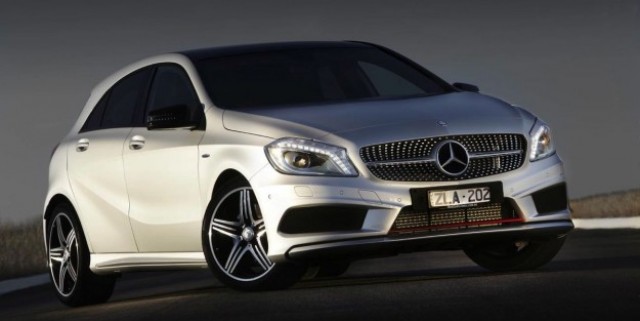
Months of vigorous lobbying from German ministers have resulted in the scrapping of an agreement to cap average new car emissions in the European Union at 95 grams per kilometre by 2020, down from around 130/g/km today.
Reuters reports environment ministers from the 28 EU member states agreed to scrap an agreement after Germany argued that the CO2 target would cost jobs and negatively impact its premium car manufacturers.
German luxury car makers Mercedes-Benz and BMW produce greater volumes of heavier and less fuel-efficient cars than mass-market car makers such as Italy’s Fiat, meaning they would likely find it difficult to meet the emissions targets.
The European Parliament and EU governments had agreed in June to the 95g/km regulation, which is equivalent to using 4.0 litres of petrol per 100km.
“It’s not a fight over principles, but how we bind the necessary clarity in climate protection with the required flexibility and competitiveness to protect the car industry in Europe,” Germany’s environment minister Peter Altmaier said.
Although countries such as Poland and the UK supported the German stance, many others think it’s a step backwards.
Sweden’s environment minister Lena Ek said that Germany would bear “a heavy responsibility”.
The German Greens are also a strong advocate of reduced auto emissions, but Chancellor Angela Merkel and her conservatives fervently supported the car manufacturers.





